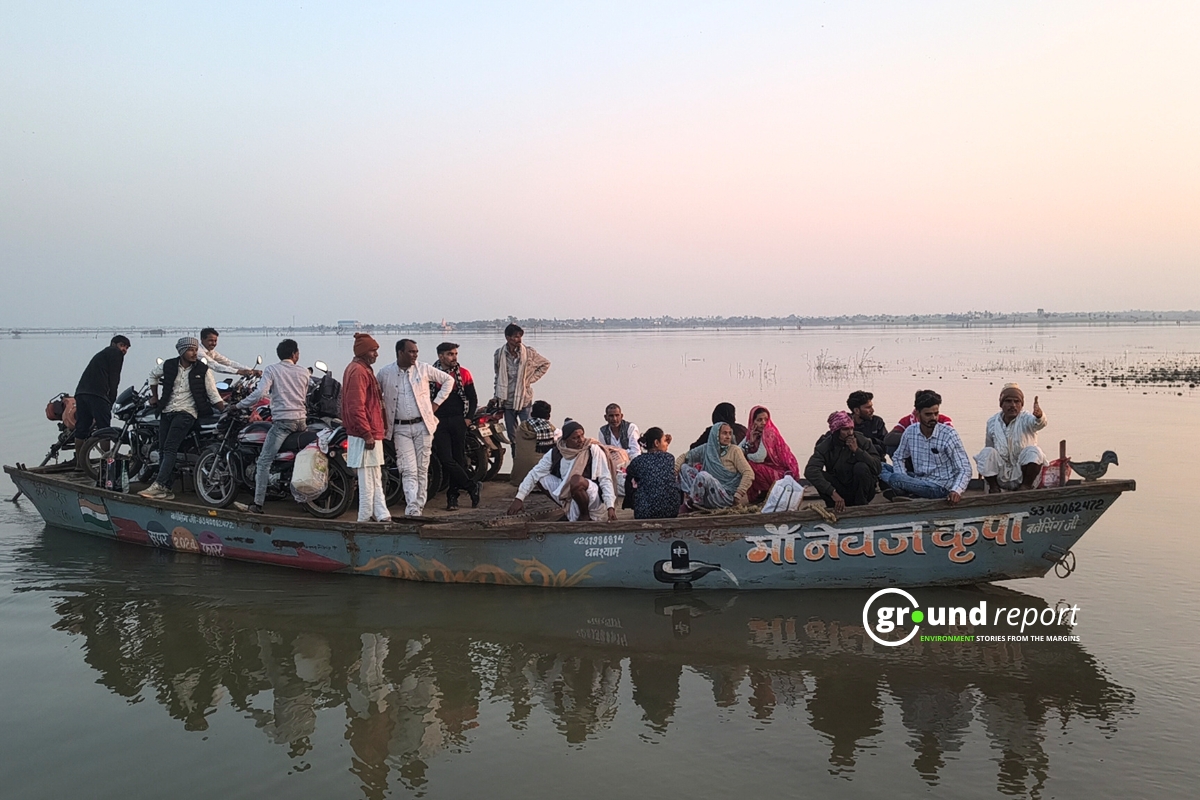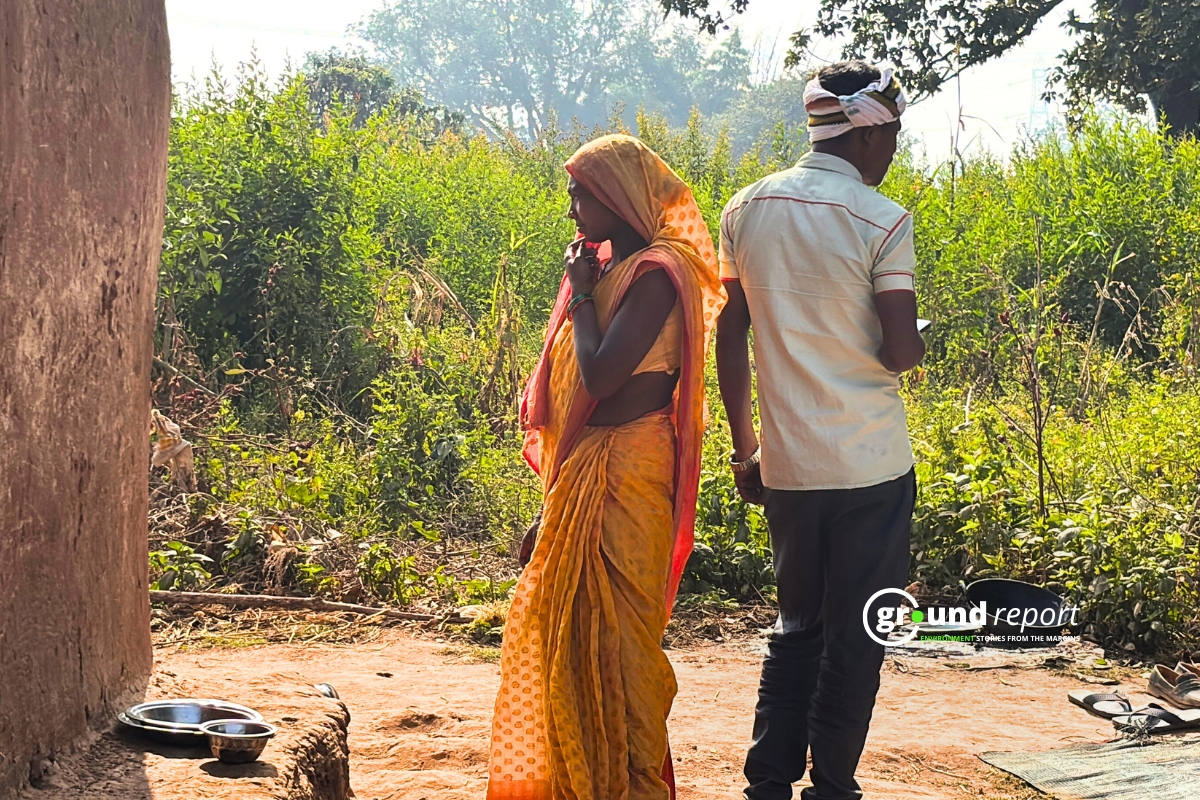A growing number of countries now recognize Palestine as a state. More than 145 nations have made the move, with recent announcements from Canada, the United Kingdom, Australia, and Portugal.
Most countries that recognize Palestine first did so in 1988, after the Palestine National Council declared statehood. Many others followed in the 1990s and 2000s.
In 2024, several European and Caribbean countries joined the list, including Barbados, Ireland, Jamaica, Norway, and Spain. At the time, Ireland’s Prime Minister Simon Harris urged Israeli Prime Minister Benjamin Netanyahu to “listen to the world and stop the humanitarian catastrophe we are seeing in Gaza.”
On Sunday, Canada and the United Kingdom became the first members of the Group of Seven (G7) to recognize Palestine. Australia and Portugal announced the same soon after. France, Belgium, and other European countries are preparing to make similar declarations at the United Nations General Assembly this week.
Countries that have recognized a Palestine
The United States now stands apart from several of its closest allies. Washington opposes recognition and has supported Israel’s ongoing campaign in Gaza. Israel’s Foreign Ministry rejected the European decisions, calling them a “reward to Hamas.”
British Prime Minister Keir Starmer said the move was about keeping the two-state solution alive. “Today, to revive the hope of peace and a two-state solution, I state clearly that the United Kingdom formally recognizes the State of Palestine,” he said.
Canada’s Prime Minister Mark Carney accused Israel of “working methodically to prevent the prospect of a Palestinian state from ever being established.” Australia’s Prime Minister Anthony Albanese called a two-state solution “the only path to peace and security.”
The announcements came as Israel expanded its military operations in Gaza City. The campaign has killed tens of thousands and left much of the territory in ruins. Humanitarian groups and UN agencies have condemned the blockade on aid, warning of mass starvation.
Palestinian President Mahmoud Abbas welcomed Britain’s decision as “an important and necessary step toward achieving a just and lasting peace.”
Netanyahu responded with defiance. “A Palestinian state will not be established west of the Jordan River,” he said, accusing Western governments of encouraging terrorism.
Recognition is largely symbolic. It shows support for Palestinian self-determination, but it does not change the situation on the ground. Israeli forces still control Gaza and the West Bank. The hope for a two-state solution remains distant.
Support us to keep independent environmental journalism alive in India.
Keep Reading
Small Wild Cats in Big Trouble: India’s First National Report Released
After Tragedy, Families Face Delays in Tiger Attack Compensation
Stay connected with Ground Report for underreported environmental stories.
Follow us onX, Instagram, and Facebook; share your thoughts at greport2018@gmail.com; subscribe to our weekly newsletter for deep dives from the margins; join our WhatsApp community for real-time updates; and catch our video reports on YouTube.
Your support amplifies voices too often overlooked, thank you for being part of the movement.









